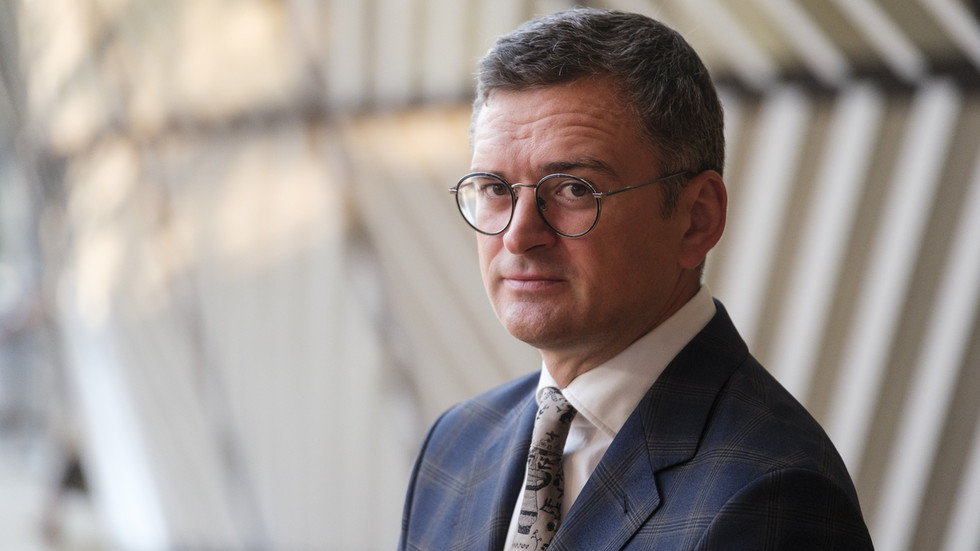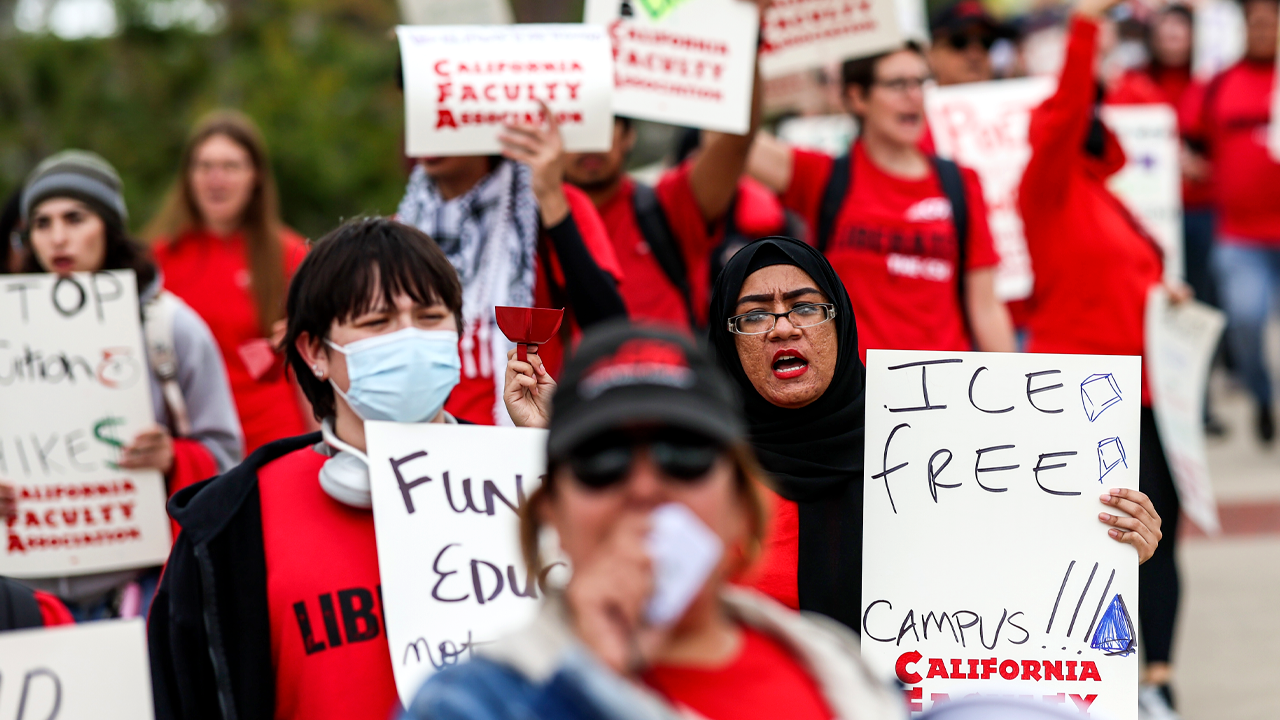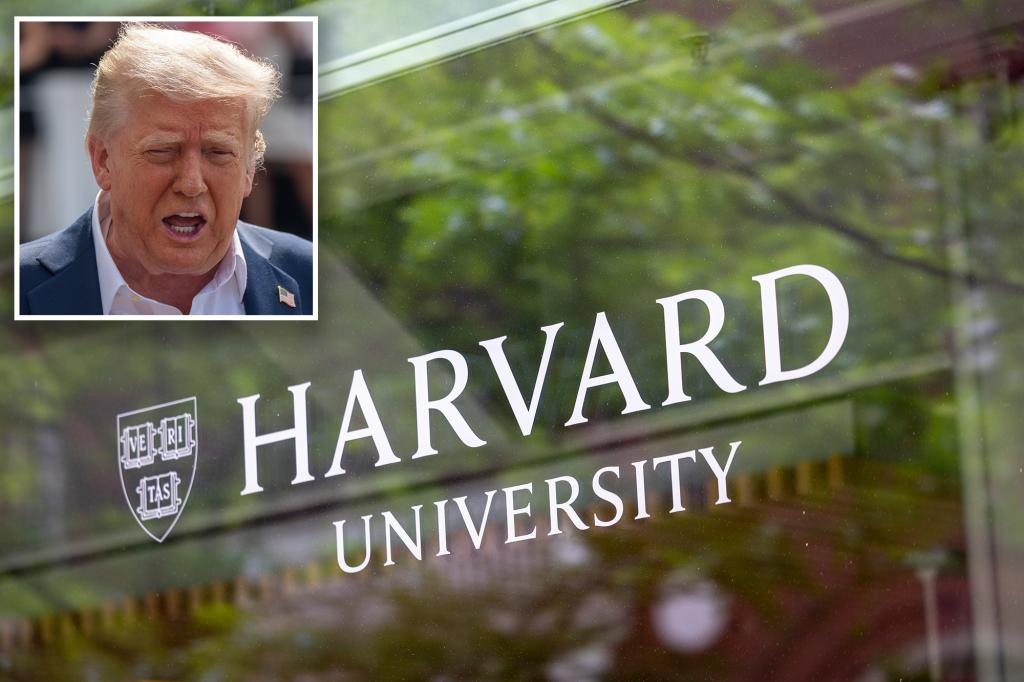In a remarkable shift from high-level diplomacy to academia, Ukraine’s former Foreign Minister, Dmytro Kuleba, has accepted a prestigious appointment at an Ivy League institution. The news of Kuleba’s transition from navigating international relations to lecturing at one of the world’s top universities has sparked a wide array of discussions, ranging from the evolving role of politicians in academic settings to the changing landscape of international relations education. This move is not only a personal career change but may also have significant implications for how global diplomacy and international relations are taught in elite universities.
The Rise of Dmytro Kuleba: A Diplomatic Career Reaching New Heights
Born in Ukraine’s capital, Kyiv, Dmytro Kuleba’s diplomatic career is a testament to his remarkable skill in foreign policy and international relations. Before becoming Ukraine’s Foreign Minister, Kuleba served as the country’s permanent representative to the Council of Europe and held various roles in Ukraine’s Ministry of Foreign Affairs. Throughout his tenure, Kuleba was an ardent advocate for Ukraine on the global stage, particularly during the ongoing conflict with Russia.
His diplomatic expertise, particularly in navigating complex relations between Western powers and Eastern Europe, has made him a well-respected figure in both political and academic circles. The transition from being a key political player to an academic is not just a career pivot for Kuleba; it also represents the growing trend of politicians influencing and reshaping educational environments at prestigious institutions.
Why the Ivy League?
The Ivy League represents the pinnacle of academic excellence, with institutions like Harvard, Yale, and Princeton often seen as global thought leaders in fields such as law, economics, and international relations. Kuleba’s acceptance of a role at one of these elite universities is symbolic of the increasing convergence of politics and academia. Universities are increasingly looking for distinguished individuals with real-world experience in high-stakes diplomacy to teach the next generation of policymakers and diplomats.
For Kuleba, the decision to accept an academic position may be rooted in a desire to shape future discourse on international relations. Teaching at an Ivy League school will provide him with a platform to share the invaluable lessons learned during Ukraine’s ongoing struggle for sovereignty and its fight to be recognized on the global stage. His perspective, which includes both practical policy experience and the theoretical knowledge of international relations, could enrich the academic curriculum in ways that traditional scholars may not be able to.
The Intersection of Politics and Academia: A Growing Trend
The movement of high-profile political figures into academia is a growing phenomenon, with former leaders, diplomats, and policymakers seeking to shape the minds of future leaders. This shift is seen not only in the United States but across the globe, as universities look to bridge the gap between theoretical education and real-world diplomatic practice. Kuleba’s transition into academia is likely to encourage more politicians and diplomats to consider the possibility of teaching at prestigious institutions.
One example of this trend is the increasing number of former politicians who are invited to lecture on international relations, global security, and diplomacy. The appeal lies in the wealth of real-world experience these individuals bring to the classroom. Former heads of state, foreign ministers, and ambassadors provide students with a unique insider’s view of the challenges and intricacies of global politics. With the global order becoming more interconnected yet increasingly fragile, universities need to ensure that their students understand the complexities of international diplomacy and negotiation.
The Educational Benefits of Politicians in the Classroom
Politicians, particularly those with experience in foreign affairs, bring a unique blend of practical insights and strategic thinking to academic discussions. Some of the key benefits include:
- Real-World Application: Politicians who have worked at the highest levels of diplomacy can offer students direct insights into how decisions are made in the corridors of power, allowing for a richer understanding of the practical challenges faced by leaders on the world stage.
- Personal Stories and Case Studies: Former ministers and diplomats often use personal anecdotes and case studies from their careers to bring lessons to life. These real-world stories help contextualize theoretical frameworks and provide students with lessons that are often more memorable and impactful than textbook examples.
- Networking Opportunities: Politicians-turned-academics often maintain robust professional networks. These connections can offer students invaluable opportunities for internships, research projects, and career development.
- Global Perspective: Many former politicians, like Kuleba, have worked in international environments that require a nuanced understanding of global politics. Their experiences can broaden students’ perspectives on issues such as international law, trade, security, and humanitarian aid.
Impact on International Relations Education
One of the most significant implications of Kuleba’s new position is how it could reshape the teaching of international relations (IR) in elite academic settings. Traditionally, IR has been taught through the lens of political theory, historical analysis, and academic research. While these approaches are crucial, there has been increasing demand for more practical, experience-based learning. Kuleba’s unique expertise in dealing with high-stakes diplomatic issues could add a much-needed pragmatic angle to the study of international relations, particularly when it comes to conflict resolution, diplomatic strategy, and crisis management.
Moreover, Kuleba’s appointment may signal a shift in the way universities approach their curriculum for global affairs. The Ivy League schools, often seen as the gold standard for academic rigor, are known for attracting some of the brightest minds in international relations. Incorporating experienced diplomats into the academic fold could lead to the development of more interdisciplinary programs that emphasize not just theoretical knowledge, but also the skills necessary to navigate the complexities of modern geopolitics.
Rethinking Traditional Diplomacy Education
The rise of practical experience in academia raises several questions about the future of diplomacy education. For instance:
- Will theoretical foundations become less important? While practical experience is valuable, the theoretical underpinnings of diplomacy—such as international law, ethics, and political theory—are still essential. A balanced curriculum will need to integrate both aspects to ensure that students receive a well-rounded education.
- What role will emerging issues like climate change, cyber security, and global health play in IR education? Modern international relations are increasingly shaped by non-traditional security threats and global challenges. Diplomats like Kuleba, who have firsthand experience with these issues, can provide unique insights into how diplomacy can evolve in response to emerging global threats.
The Broader Implications: Impact on Ukraine’s International Standing
On a broader scale, Kuleba’s move to academia also reflects a shift in Ukraine’s international standing. As the nation continues to fight for its sovereignty and assert its place in the global order, the intellectual capital generated by figures like Kuleba may help to further elevate Ukraine’s global profile. By contributing to global educational discourse, Kuleba may enhance Ukraine’s reputation as a nation deeply invested in international relations and diplomacy. This could, in turn, have a lasting impact on Ukraine’s foreign policy, its partnerships with Western countries, and its diplomatic efforts in conflict zones.
Furthermore, Kuleba’s academic role may serve as a platform for promoting Ukrainian perspectives on global issues. In a world where diplomatic narratives are often dominated by the major powers, having a voice from Ukraine could lead to more balanced discussions and a deeper understanding of the challenges faced by smaller nations in a rapidly changing world.
Conclusion: A New Era in Diplomacy and Academia
In conclusion, Dmytro Kuleba’s decision to transition from Ukraine’s Foreign Minister to an Ivy League academic position is not just a personal career move, but a signal of a larger trend that is reshaping the intersection of politics and academia. By bringing real-world diplomatic experience to the classroom, Kuleba and other political figures entering academia can bridge the gap between theory and practice, offering a richer, more nuanced understanding of global diplomacy. As international relations continue to evolve in response to new global challenges, Kuleba’s insights will undoubtedly shape the next generation of diplomats, leaders, and policymakers, making his role in academia a significant one.
For further insights into global diplomacy and international relations, visit Foreign Affairs.
See more TED Talks World



